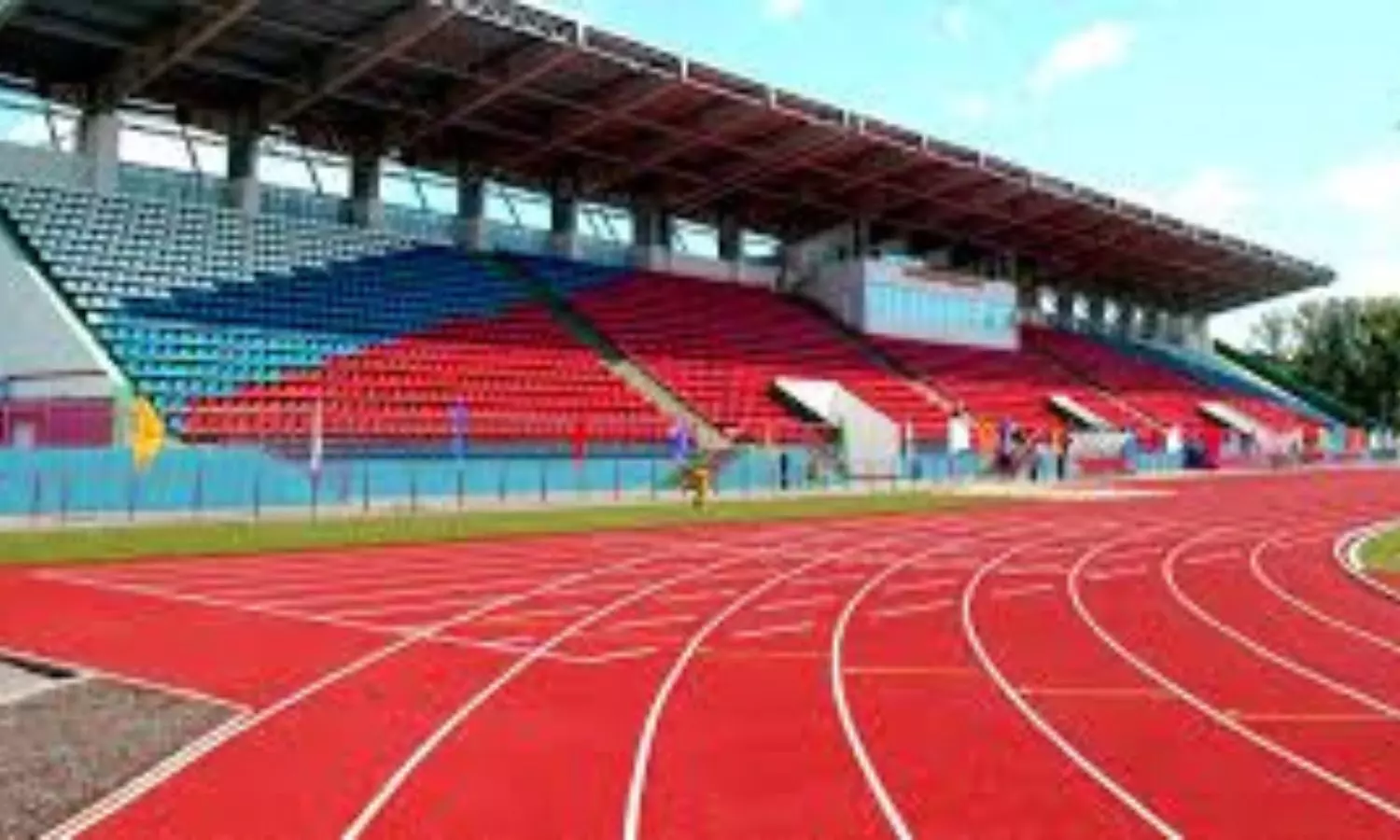Athletics
AFI plans enhanced Monitoring System ahead of 2026 Asian and Commonwealth Games
Nearly a year after the decentralisation of national coaching camps following the Paris 2024 Olympics, the AFI has noted encouraging progress.

With two major international competitions on the horizon, the Asian Games in Aichi-Nagoya and the Commonwealth Games in Glasgow, the Athletics Federation of India (AFI) is preparing to implement a robust monitoring system to improve athlete performance and boost India’s medal tally.
Indian athletes have historically done well at the Asian level, and AFI hopes this new system will take their success even further in 2026.
Almost a year after the national coaching camps were decentralised following the 2024 Paris Olympics, AFI says the results are encouraging. Athletes have been training across various centres in India instead of at a single base, and their performances at the Asian Championships in South Korea and domestic events have reflected notable improvement.
AFI spokesperson Adille Sumariwalla acknowledged that there were initial concerns about the model.
“There was apprehension of doping and not-so-encouraging performance as top athletes were training across the country at different centres after decentralisation. But both the issues were successfully tackled due to a good monitoring system,” he said at a meeting with government and private stakeholders on Friday.
India’s track and field contingent won 24 medals, including 8 gold, at the Asian Championships in Gumi, placing second behind China. Several national records were also broken during the meet, offering further encouragement.
Sumariwalla urged all involved — including departments, private entities, and state federations — to work together for the broader development of Indian athletics. With more than 1,000 athletes currently training across the country, he stressed the importance of aligning with AFI’s competition calendar and training protocols.
“Domestic competition has become more competitive. Private institutions and government departments should encourage athletes to compete on home ground rather than send athletes abroad to compete in low-key events,” he noted.
He also emphasized the need for consistent domestic exposure and encouraged regional-level competition to develop emerging talent.
Doping Policy
On the issue of doping, Sumariwalla reiterated the AFI’s firm stance:
“AFI has a no-needle policy and zero tolerance for doping. But accountability must also lie with district and state-level coaches and officials if their athletes test positive. Strict punishment will act as a deterrent,” he added.
With its new monitoring framework and decentralised approach showing early signs of success, the AFI is hoping to make 2026 a breakthrough year for Indian athletics on the global stage.
